Recent research involving the Turing test, a method of inquiry in artificial intelligence for determining whether or not a computer is capable of thinking like a human being, has led to an intriguing discovery. Participants in the study were more inclined to attribute higher moral qualities to responses they believed were generated by artificial intelligence compared to those they thought were from humans.
The study involved a series of interactions where participants were presented with responses from both humans and AI, without being informed about the source of each response. The findings indicated a tendency among the participants to judge AI-generated responses as more ethical and trustworthy than those from human counterparts.
This phenomenon raises questions about the perception of AI in society and the potential implications for human-AI interactions. The inclination to view AI as more moral could influence how people integrate and respond to AI systems in various sectors, including customer service, healthcare, and decision-making processes.
The research suggests a shift in the traditional skepticism surrounding AI, hinting at a growing trust in technology over human judgment. This could have far-reaching consequences for the development and deployment of AI systems, as well as for the understanding of human psychology in the age of machines. The study’s outcomes may prompt further investigation into the ethical design and use of AI, ensuring that these systems are developed in a way that aligns with societal values and norms.



